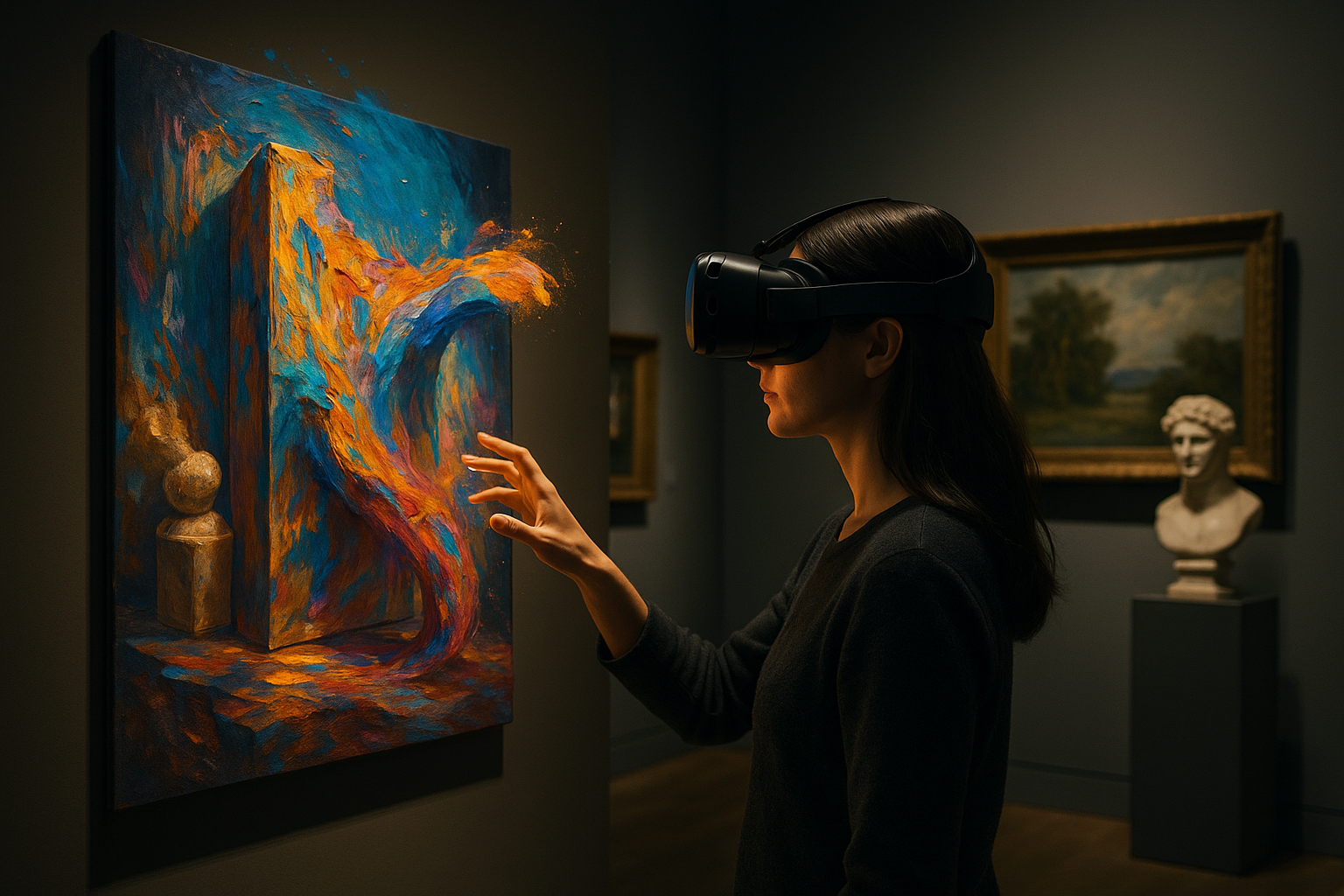Silent Superheroes: The Unsung Influence of Introverted Leaders
In a world that often celebrates extroversion, a quiet revolution is taking place. Introverted leaders are reshaping our understanding of effective leadership, challenging long-held assumptions about charisma and social prowess. This shift is not just changing boardrooms; it's transforming how we view success, collaboration, and innovation across society. Read below to explore the rising power of these silent superheroes.

The Misconception of Introversion
Introversion is often misunderstood as shyness or social awkwardness. In reality, it refers to individuals who gain energy from solitude and introspection, rather than from social interactions. Introverts process information deeply, preferring thoughtful analysis over rapid-fire brainstorming. This characteristic, once seen as a hindrance in leadership roles, is now recognized as a valuable asset in our increasingly complex world.
The Strengths of Introverted Leaders
Introverted leaders bring a unique set of skills to the table. Their tendency for deep listening and careful consideration often leads to more inclusive decision-making processes. They excel in one-on-one interactions, building strong, meaningful relationships with team members. Their thoughtful approach to problem-solving can result in more innovative and well-rounded solutions, as they take time to consider multiple perspectives before acting.
Changing Perceptions in the Workplace
The rise of introverted leadership is challenging traditional workplace dynamics. Companies are beginning to recognize the value of diverse leadership styles, moving away from the one-size-fits-all approach to management. This shift is leading to more balanced team structures, where both introverted and extroverted strengths are leveraged for optimal performance.
The Impact on Organizational Culture
As introverted leaders gain prominence, organizational cultures are evolving. There’s a growing emphasis on creating spaces for quiet reflection and deep work, alongside collaborative areas. This balance is fostering environments where all personality types can thrive, leading to increased job satisfaction and productivity across the board.
Introverted Leadership in the Digital Age
The digital revolution has inadvertently played to the strengths of introverted leaders. Remote work and digital communication platforms allow for more measured, thoughtful interactions, aligning with introverts’ preferences for written communication and time for reflection. This shift has leveled the playing field, enabling introverted leaders to showcase their abilities without the pressure of constant face-to-face interactions.
Challenges and Adaptations
Despite the growing recognition of their value, introverted leaders still face challenges in a world that often equates vocalization with competence. Many are developing strategies to navigate extrovert-centric environments, such as scheduling recovery time after social events or preparing thoroughly for meetings to feel more comfortable speaking up.
The Future of Leadership
As we move forward, the definition of effective leadership is broadening. The future workplace is likely to see a more balanced approach, valuing both introverted and extroverted qualities. This shift promises to create more inclusive, diverse, and innovative organizations, better equipped to handle the complexities of our rapidly changing world.
Societal Implications
The rise of introverted leaders is not just a workplace phenomenon; it’s reshaping societal norms around success and influence. As these quiet leaders gain visibility, they’re inspiring a new generation to embrace their introverted traits rather than trying to conform to extroverted ideals. This cultural shift is fostering greater acceptance of diverse personality types and redefining what it means to be a leader in all aspects of life.
Conclusion
The silent superheroes of introverted leadership are revolutionizing our understanding of effective management and social influence. By valuing deep thinking, thoughtful communication, and introspective problem-solving, they’re creating a more balanced and inclusive leadership paradigm. As we continue to recognize and nurture these qualities, we pave the way for a richer, more diverse tapestry of leadership styles that can address the complex challenges of our modern world.






